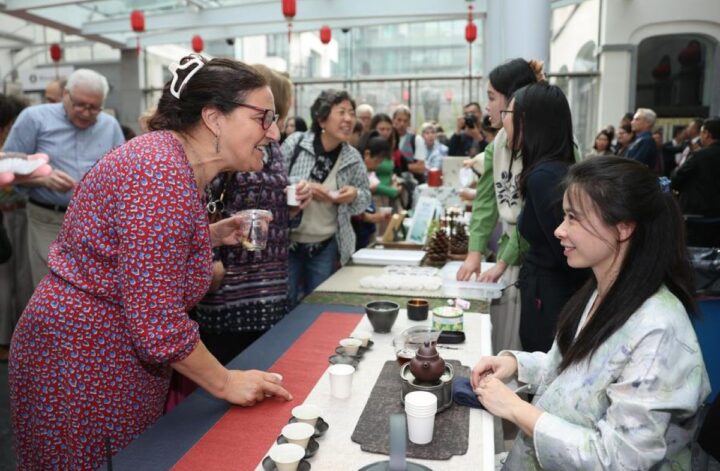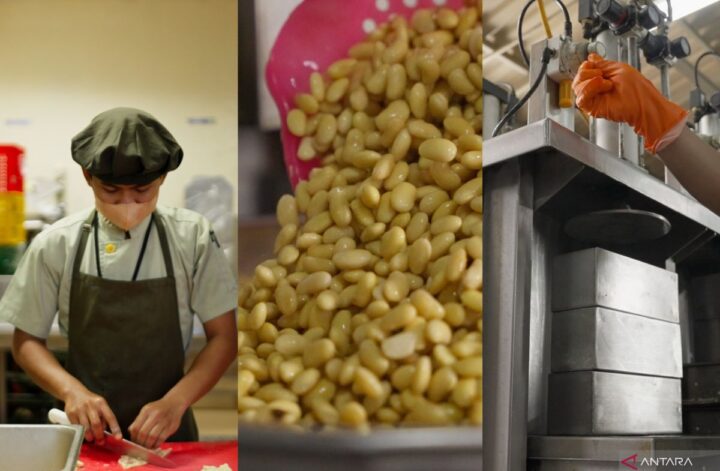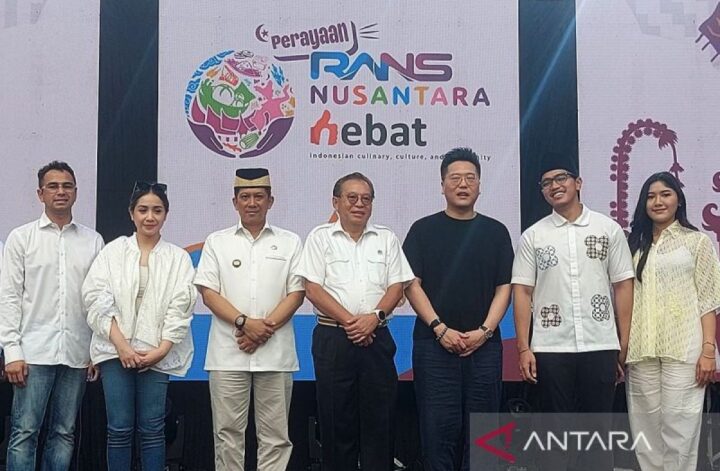Brussels recently played host to a unique and fascinating exhibition showcasing the cultural heritage of Yunnan, a province in southwestern China known for its diverse ethnic groups and rich history. The tea exhibition, titled “Pameran teh di Brussel tampilkan warisan budaya Yunnan,” brought together a stunning collection of artifacts, photographs, and information about the tea culture of Yunnan.
Yunnan is often referred to as the birthplace of tea, with a history of tea cultivation that dates back thousands of years. The province is home to some of the oldest tea trees in the world, and its tea culture has been influenced by a variety of factors, including the region’s unique climate, terrain, and ethnic diversity.
The exhibition in Brussels offered visitors a glimpse into the world of Yunnan tea, showcasing the different varieties of tea grown in the region, as well as the traditional methods of tea production and preparation. Visitors were able to learn about the significance of tea in Yunnan’s cultural and social life, as well as its role in traditional ceremonies and rituals.
In addition to the tea-related artifacts on display, the exhibition also featured stunning photographs of Yunnan’s breathtaking landscapes, as well as information about the province’s rich cultural heritage. Visitors had the opportunity to learn about the various ethnic groups that call Yunnan home, each with its own unique traditions, customs, and languages.
The exhibition was a collaboration between the Yunnan Provincial Department of Culture and Tourism and the Brussels-based cultural organization, and it was met with great enthusiasm and interest from visitors. Many attendees were captivated by the beauty and complexity of Yunnan’s tea culture, and left the exhibition with a newfound appreciation for the province’s rich heritage.
Overall, the “Pameran teh di Brussel tampilkan warisan budaya Yunnan” exhibition was a wonderful opportunity to showcase the cultural richness of Yunnan and to celebrate the province’s unique contribution to the world of tea. It served as a reminder of the importance of preserving and promoting cultural heritage, and highlighted the power of tea to bring people together and bridge cultural divides.




